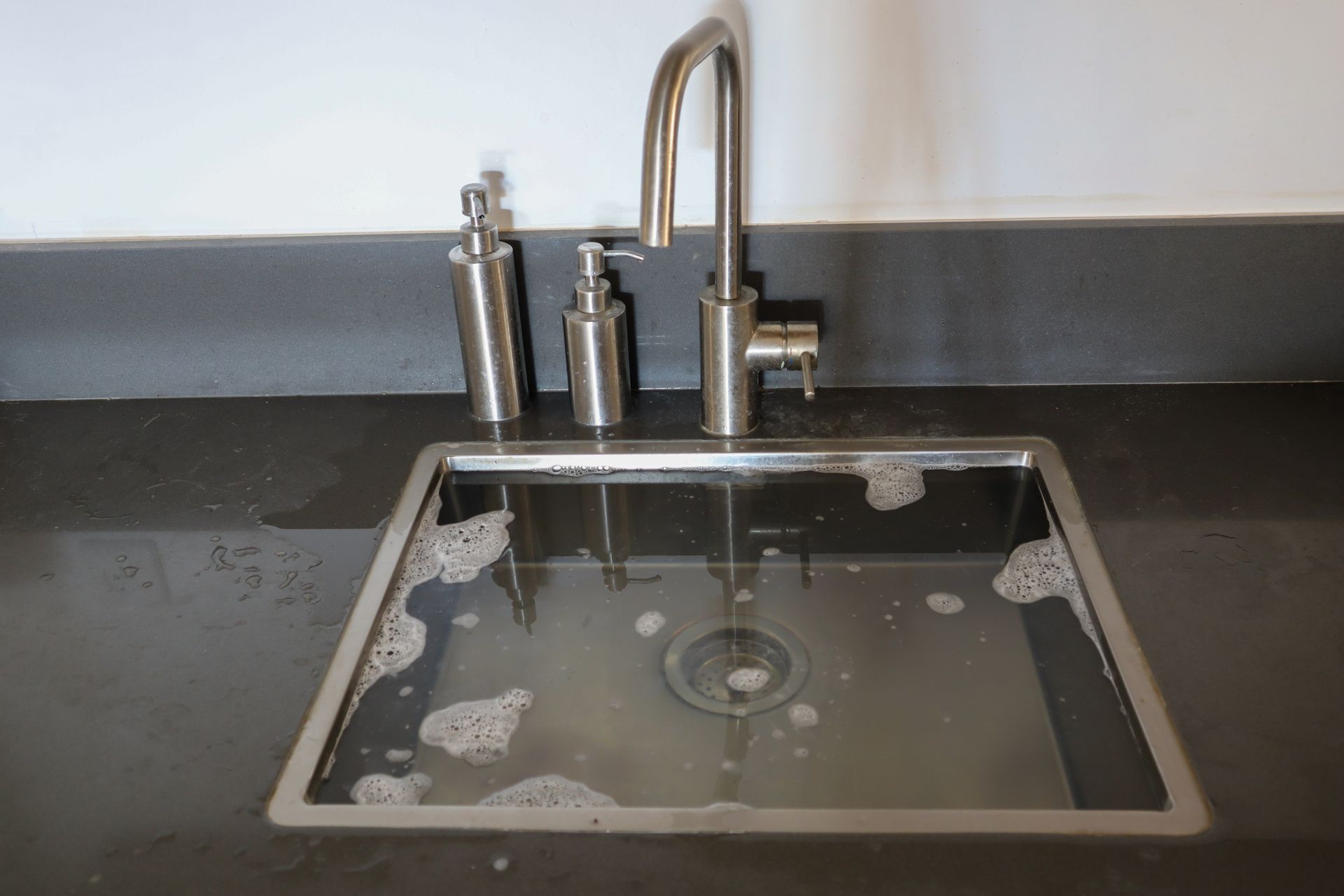How to Care for Your Septic System
Texas residents know how terrible a backed-up septic system can be, especially when combined with those summer heat waves. The last thing you want is that horrid smell wafting up through your toilets. It pays to take good care of your septic system, but how can you do that? Residents in Denton, Wise, Cooke, Grayson, and Tarrant Counties can care for and extend the life of their systems with just a few simple precautions, so take the time to learn how before something goes wrong. If all else fails, you can rely on the experts at Integrity Septic Services for professional assistance.
Understanding Your Septic System
For many homes, especially in rural areas, a septic system is their main or only means of managing wastewater. It typically includes a septic tank and a drainfield. Wastewater from your home enters the septic tank, where solids settle at the bottom as sludge, and oils rise to form a scum layer. The remaining liquid flows out to the drainfield, where the soil further filters and treats it.
Without regular maintenance, solids can build up in the bottom of your tank, leading to clogs and even system failure. This can cause unpleasant odors, backups, and expensive repairs. By grasping how your septic system works, you can see why routine maintenance is essential and why steps must be taken to ensure it runs smoothly.
Essential Septic Tank Maintenance Tips
Maintaining your septic system doesn't have to be complicated, but it does require some attention. Here are some practical steps to keep your system running smoothly and avoid unexpected repairs.
Regular Inspections and Pumping
Keeping up with inspections and pumping avoids many issues with your septic tank. Have a professional check your tank every three years, and plan to pump it every three to five years. This schedule can vary based on your household size and tank capacity. Regular pumping helps prevent solids from clogging the system, which can lead to unpleasant backups.
Water Conservation Practices
Using water wisely benefits both the environment and your septic system. Too much water can overwhelm the system, so consider fixing leaks, installing low-flow fixtures, and spacing out laundry loads. These small changes can significantly reduce the strain on your system.
Proper Waste Disposal
Be mindful of what you flush or pour down the drain. Stick to flushing only human waste and toilet paper. Items like wipes, feminine products, and grease can cause serious clogs. For hazardous materials like paints and chemicals, find local disposal options instead of using your drains.
Protecting the Drainfield
The drainfield is crucial to your septic system's health. Avoid parking or placing heavy items over it, as this can compact the soil and hinder drainage. When landscaping, choose plants with shallow roots to avoid damaging the pipes. Watch for water pooling as this is a sign of an underlying problem.
Signs of Septic System Issues
Septic system problems can often be subtle at first, but they tend to escalate quickly if not addressed. Common warning signs include slow drainage in sinks and showers, persistent gurgling noises in your plumbing, or unpleasant odors around your septic tank or drainfield. Another red flag is lush, unusually green grass over your drainfield, which might indicate a leak. Additionally, if you notice sewage backing up into your home or standing water near the drainfield, contact a professional immediately. Prompt attention to these signs can prevent more severe problems and costly repairs.
We Can Keep Your Septic Tank in Top Condition
Taking care of your septic system helps to avoid costly repairs and keep your home environment healthy. Just follow these simple tips and advice to ensure your system stays in good shape for years.
For those in Denton, Wise, Cooke, Grayson, and Tarrant Counties, Integrity Septic Services is here to provide expert advice and dependable service. Reach out to us today for a consultation or to schedule a service appointment.
Image Credit/Shutterstock:ekapol sirachainan


Share On: